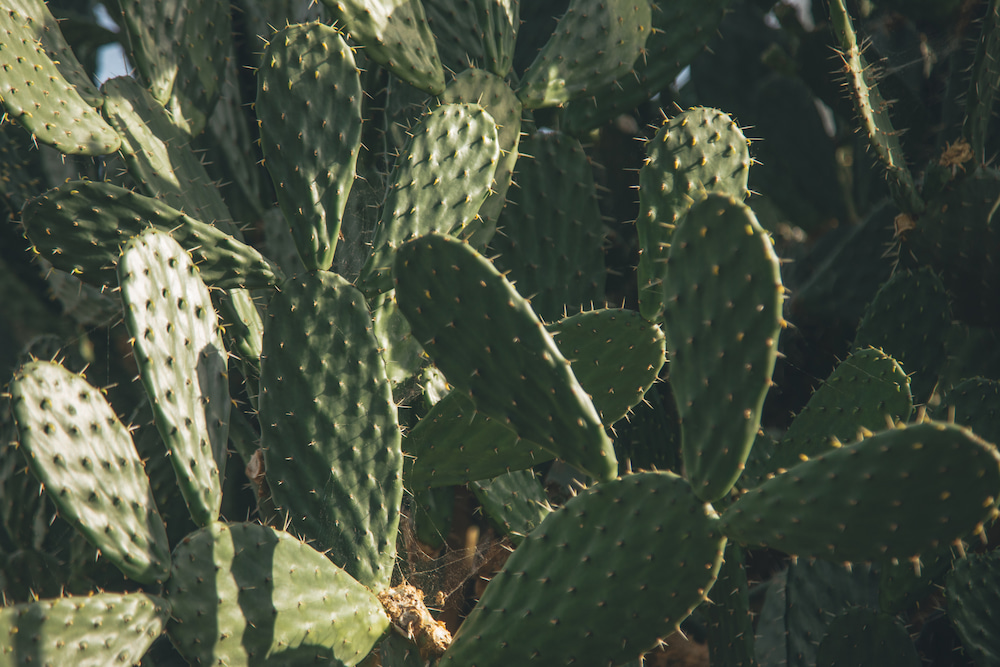Prickly pears could be a prickly problem for the ACT, but the local government will use a biocontrol agent (otherwise known as insects) to manage the invasive cactus plant, which has been detected in the Molonglo Gorge Nature Reserve.
“Its detection at Molonglo Gorge ACT requires proven management techniques to ensure that it is eliminated,” ACT environment minister Rebecca Vassarotti said.
Prickly pear (Opuntia stricta) is a nationally significant weed and a declared pest plant under the ACT’s Pest Plants and Animals Act 2005, and poses a serious threat to local ecosystems and landscapes, Ms Vassarotti said.
“If left unchecked, an outbreak of prickly pear has the potential to form a dense impenetrable patch of shrubs with spines that can cause injury to native animals and wildlife, harbour pest animals, and reduce land productivity.”
To address the outbreak, the ACT will use a cochineal insect (Dactylopius opuntiae),which targets prickly pear.
“Trials of these insects in Australia to effectively target prickly pear date back 90 years in Queensland,” Ms Vassarotti said. “They are a proven, safe, and successful biocontrol agent that will be hugely beneficial here in the ACT.”
NSW and Victoria have also successfully used biocontrol agents, which reduce the requirement for chemical treatments.
In the ACT Budget 2022-23, the government invested $5.8 million to protect, conserve and restore Canberra’s natural environment. This investment has strengthened the ACT’s biosecurity through expanding pest animal programs, including vertebrate and rabbit control and additional resources to eradicate weeds across the ACT.
“Invasive plants and animals pose a major threat to the ACT’s environment if they get a foothold,” Ms Vassarotti said. “The government’s boost to biosecurity and weed eradication resources in the ACT’s 2023-24 budget ensures outbreaks such as prickly pear can be rapidly investigated and controlled.
“The trial of a biocontrol agent is a significant step towards eradicating the pest species in the ACT, and I encourage all Canberrans to report possible sightings.”
To learn more about invasive plant species in the ACT, visit the ACT Environment website.
Report any sightings of invasive species on the Canberra Nature Map or by calling Access Canberra on 13 22 81.



